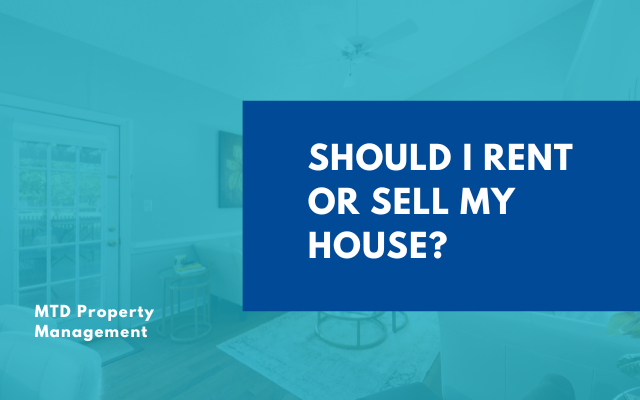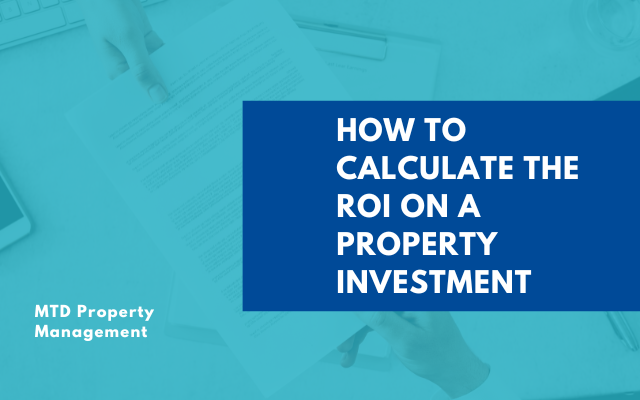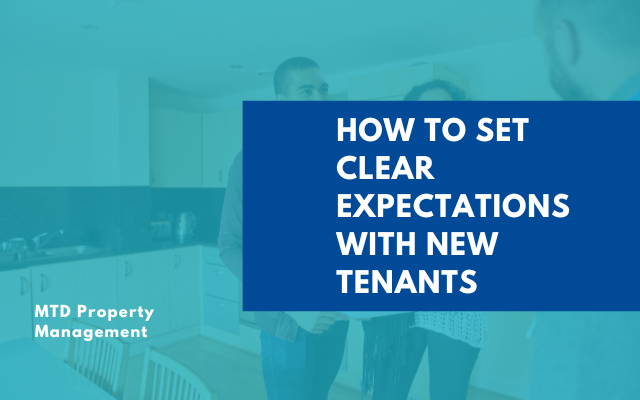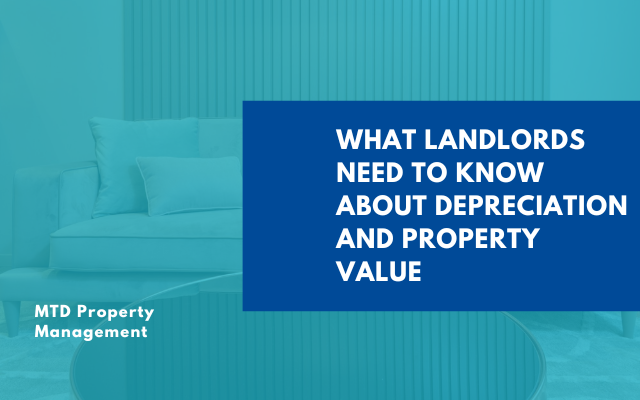
Are you a landlord wondering whether to rent or sell your house? This decision can be daunting, as it significantly impacts your financial future and lifestyle.
Renting offers the allure of steady income and potential property appreciation, while selling can provide a substantial cash influx. Both choices have their own set of advantages and challenges.
This guide is here to help you navigate these options by examining key factors such as financial implications, market conditions, and personal goals.
By understanding these aspects, you can make a well-informed decision that aligns with your unique situation. Keep reading to learn more!
Understanding the Common Dilemma
Many homeowners face the dilemma of whether to rent out or sell their property for various reasons:
- You've finished paying off your house.
- Your home has undergone significant renovations.
- You’re moving but want to keep your current home as an investment.
- You might return to the area in a few years.
- You’re looking for passive income to meet financial goals.
- You’re adapting to lifestyle changes.
- You’re responding to current market trends.
This is a tough choice, especially if you’ve never managed a property before. It’s crucial to understand the full scope of this decision.

Assessing Your Financial Situation
Before deciding to sell or rent your home, evaluate your financial situation and goals. Consider the following:
Evaluating Mortgage Payments against Rental Income
When deciding whether to rent or sell your home, it’s essential to compare your mortgage payments with potential rental income. Start by calculating your monthly mortgage payments, including principal, interest, property taxes, and insurance.
Then, research the rental market in your area to estimate how much rent you can charge. Ensure that the rental income will cover these expenses and leave you with a profit.
Also, factor in additional costs such as maintenance, property management fees, and periods when the property might be vacant. This comparison will help you determine if renting out your home is financially viable.
Understanding Property Taxes
Property taxes are an important factor to consider when evaluating your financial situation. These taxes are based on your property's value and can vary greatly depending on your location.
When you rent out your home, you’ll still be responsible for paying property taxes, which can impact your overall profitability. Additionally, property taxes may change if the house is no longer your primary residence.
It’s crucial to
factor in these
costs to ensure that your rental income sufficiently covers all your expenses, including property taxes. This will help you maintain a healthy cash flow and avoid financial strain.

Navigating Capital Gains Taxes
Capital gains taxes come into play if you decide to sell your home. These taxes are applied to the profit you make from selling your property. However, if you’ve lived in the home for at least two of the past five years, you may qualify for an exemption.
For married couples filing jointly, up to $500,000 of the profit can be tax-free, while singles can exclude up to $250,000. Understanding these exemptions and the potential tax liability is crucial in making an informed decision.
Consulting a tax professional can provide clarity on your specific situation and help you plan accordingly.
Weighing the Implications of Owning Two Homes
Owning two homes can be financially challenging, especially if you have mortgages on both properties. The additional costs include not just the second mortgage but also property taxes, insurance, maintenance, and utilities.
However, owning a second home can also offer financial benefits, such as tax deductions on mortgage interest and property taxes. It's important to thoroughly analyze these expenses and consider your overall financial goals.
If the costs outweigh the benefits, selling might be the better option. Conversely, if you can manage the expenses comfortably, renting out the second home could be a lucrative investment.

Considering Other Financial Obligations and Goals
When deciding whether to rent or sell your home, it’s vital to consider your other financial obligations and goals.
Evaluate whether you have sufficient cash reserves and
discretionary income to manage the costs associated with renting out a property, such as maintenance, tenant management, and legal obligations.
If you have significant financial obligations like student loans, car payments, or if you need funds for a new home’s down payment, selling might be the safer choice.
On the other hand, if you have a stable financial situation and long-term investment goals, renting could be a viable option to generate passive income and build wealth over time.
Understanding the Costs of Renting vs. Selling
In addition to assessing your financial situation, familiarize yourself with the costs associated with renting or selling your home.
Costs of Renting Out a Home
Renting out a home involves various costs:
- Property management fees (5-10% of the gross rent)
- Repairs andmaintenance
- Property taxes
- Insurance
- Homeowners' association fees
- Vacancy and tenant turnover costs
- Marketing costs
Costs of Selling a Home
Selling a house includes different costs:
- Real estate agent fees
- Closing costs
- Repairs
- Staging
- Marketing
These costs typically amount to 9-10% of the sale price. Also, you might need to settle any special assessments in your community, depending on your contract and homeowners' association rules.
Bottom Line
Deciding whether to rent or sell your house is a significant decision, influenced by various financial, market, and personal factors.
We hope this guide has provided clarity and helped you weigh the pros and cons of each option. If you choose to rent, remember that managing a property can be time-consuming and complex.
To make your landlord experience smoother and more profitable, consider hiring a professional property management company.
MTD PropertyManagement offers expert services to handle everything from tenant screening to maintenance, ensuring your rental property is well-managed and hassle-free.
Reach out to MTD Property Management today and let them help you maximise your investment.









